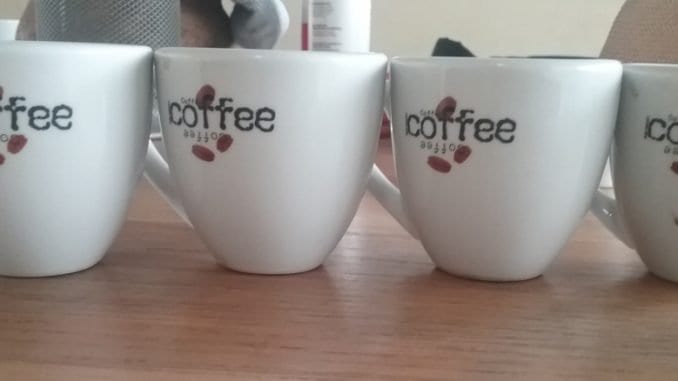
One writer’s journey to learn about the needs of farmers in Chiapas, Mexico, turns into a lesson on the importance of remembering the history of a region in this two-part story.
BY ELIZABETH FEDDEN
SPECIAL TO BARISTA MAGAZINE
A few months ago, Elizabeth went to Mexico to learn about agricultural information systems, and in turn learned about the troubled and immense history of growing coffee in the Chiapas region. In this two-part story, she shares thoughts from conversations with farmers and pushes for a deeper understanding of the region’s past to help inform and shape its future. You can read part one here.
While many Chiapas coffee farmers consider history to be their greatest challenge to producing excellent coffee, there are still challenges in the field. Many farmers do not know the best farming techniques or have the resources available to search for that information. In order to combat this problem, the Bats’il Maya cooperative hired a trained agro-ecologist, Omar Lopez, who works with the farmers to demonstrate how to grow coffee using quality organic practices. He not only shows them how to meet the standards of the organic certification board, he also shows them how and when to use fertilizer to create the best flavors. As an agro-ecologist, he considers every aspect of coffee growing, including cultural, economic and environmental concerns.
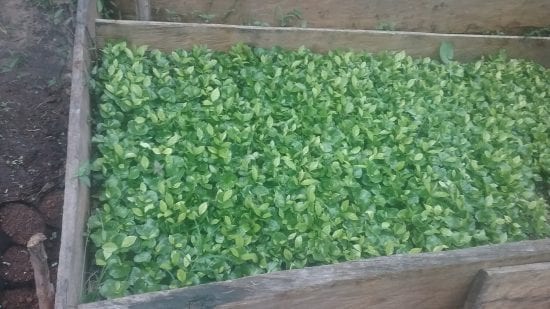
The unpredictability of coffee farming is a constant challenge for smallholders, with anything from crop disease to price volatility prone to wreak havoc at any time. Omar ensures through constant vigilance that farmers in Chiapas are prepared for any situation. When I interviewed him, I was overwhelmed by the amount of books that rested on his shelves. He told me that he was having some difficulty finding out exactly what nutrients were needed in each stage of development by a new coffee variety they were going to try. He pulled out some academic articles from a Colombian journal to show me. He also explained that because he is not a member of the indigenous Tzeltal community, it can be difficult to explain to them why certain procedures are necessary. Though the combination of inherited, cultural knowledge and modern scientific findings can yield rich results in the final coffee product, certain barriers remain that require constant diligence to navigate. Omar works with the native farmers and their children, building relationships to affect changes that take generations to take root.
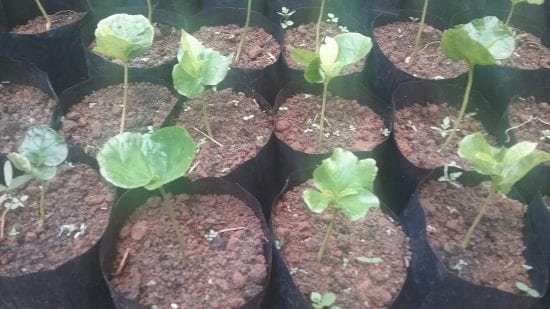
The transition to organic practices is often difficult to manage for farms of this size. The yield can be less than that of coffee farmed using pesticides and harmful chemicals. But the eventual dividends paid by the increase in consistency and general quality are necessary for establishing a sustainable business that relies on the strength of its product and not on the charity of strangers. José Aquinos, general manager of Bats’il Maya, told me: “A touching story might convince somebody to buy one bag of coffee. But we need people to buy more than one bag. In order for that to happen, the coffee must be good. We are professionals and we can create a flavor profile to suit any coffee drinker.”
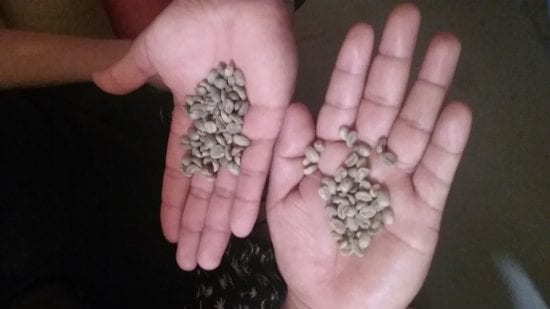
I imagine many people in the coffee industry feel motivated to help coffee farmers, especially those who have suffered systematic oppression. But these farmers cannot rely on pity and goodwill alone; we must develop practices that include them in the coffee trade as equal, capable partners. A good start is to seek out coffee from indigenous peoples that reaches our high standards, working with them directly to cut out the middlemen who short-change them for the crop. We need to make sure that accurate agricultural information is available.
Do research, and if you are doing work with indigenous communities, use an indigenous framework. In Chiapas, I spoke with many indigenous peoples and asked them what is important to them. While I always try to keep an open mind when it comes to research, the concerns of the farmers were so much different than I expected. Often indigenous peoples have an entirely different mindset than Western researchers, so communicating effectively is paramount. I think as Americans we tend to be small-scale problem solvers. If there is a problem with coffee leaf rust disease, we seek to find a solution to it, whether it be through planting a greater variety of trees or another route. But most of the people I talked with were more interested in large-scale solutions, like increased autonomy and reversing the damage cause by global climate change. I asked another farmer, Jxel, what he would tell Americans drinking his coffee. He said, “The machinery of the producers is the earth, and we have to take care. It is everybody’s responsibility. If there is no land to grow coffee, then there will be no coffee.”
Although Chiapas is far from Mexico City, it’s important to stand with our friends in Mexico after the devastating earthquake that struck the city earlier this month. We encourage you to check out this list of organizations providing aid to those affected to find ways of showing support.
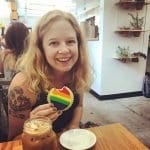
ABOUT THE AUTHOR
Elizabeth Fedden is an MLiS Candidate at the University of Washington in Seattle, where she researches ways to connect coffee people to the information they need. One day she hopes to create a library that focuses only on coffee. Photo by Catherine Darling.

